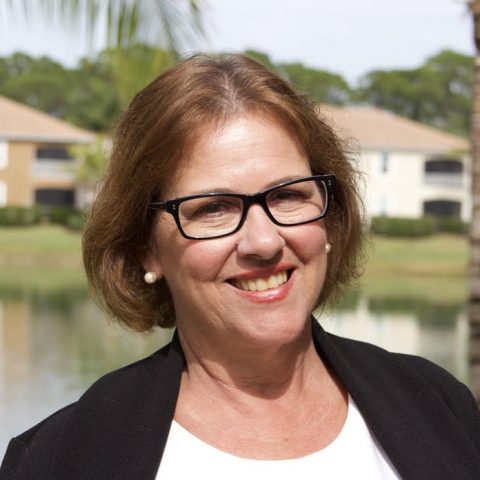The Importance of Engaged Staff Teams
One fundamental truth emerges in the pursuit of excellence within healthcare organizations: the invaluable role of engaged staff teams. The efficacy of shared governance councils, in particular, cannot be overstated. These councils epitomize shared decision-making, focusing on both patient care and the work environment. Harnessing the insights and expertise of clinical staff in these processes invariably leads to tangible improvements.
Cultivating Leaders Through Involvement
Why does the involvement of clinical staff in decision-making matter so much? It’s about cultivating leaders. Those who actively participate in organizational decision-making often emerge as the next generation of leaders within the institution. Reflecting on my leadership journey, I recall pivotal moments—joining committees, engaging in shared governance councils, and contributing through articles. These seemingly small actions ripple into significant impacts, not just in fostering engagement but also in grooming future leaders.
Beyond National Recognitions
When we speak of Journeys to Excellence, it’s crucial to broaden our perspective beyond national recognitions like the Pathway to Excellence® or Magnet® recognition. While these accolades hold merit, the essence lies in continuously improving practice and the practice environment. Even organizations not actively pursuing national recognition can foster excellence by focusing on enhancing outcomes for patients and the workforce.
Revitalizing Shared Governance
The landscape of teams driving excellence encompasses shared governance and professional governance teams. In many organizations today, considerable efforts are directed toward implementing, revitalizing, or enhancing these structures. Yet, it’s essential to recognize that the journey doesn’t end with implementation. Over time, the need for revamping becomes apparent—whether it’s reevaluating council structures or introducing new ones to address evolving needs.
A Relentless Pursuit of Improvement
In essence, the journey to excellence transcends mere recognition; it’s about a relentless pursuit of improvement, driven by the active engagement of staff at every level. It’s about harnessing the collective wisdom and passion of clinical staff to continually elevate standards of care and create environments where both patients and healthcare professionals thrive.
By focusing on these key areas, healthcare organizations can ensure they are not only meeting but exceeding the standards of excellence, fostering an environment where staff engagement and patient care are paramount.
Frequently Asked Questions
What is shared governance and how does it benefit healthcare organizations?
Shared governance is a structural model that allows clinical staff to have a voice in decision-making processes that affect their work environment and patient care. This approach benefits healthcare organizations by leveraging the expertise and insights of frontline staff, leading to improved patient outcomes, increased job satisfaction, and the development of future leaders within the organization.
How can an organization start implementing shared governance councils?
To implement shared governance councils, an organization should begin by educating staff about the concept and its benefits. This can be followed by establishing clear goals and objectives for the councils, selecting enthusiastic and representative members, and providing ongoing support and resources. It’s important to foster a culture of open communication and continuous feedback to ensure the councils are effective and adapt to evolving needs.
Is it necessary to pursue national recognitions like the Pathway to Excellence® or Magnet® to achieve excellence?
While national recognitions such as the Pathway to Excellence® or Magnet® can validate an organization’s commitment to high standards, they are not the only paths to excellence. Organizations can achieve excellence by continuously improving their practices and work environment, focusing on enhancing patient outcomes and staff engagement, regardless of whether they pursue formal recognition. The key is a relentless pursuit of improvement and fostering a culture that values and empowers clinical staff.
Marky has expertise in aligning people and processes, identifying emerging issues, and assessing the effectiveness of organizational interventions. The result: enduring measurable improvement. Marky uses her deep health care experience along with evidence-based practices to co-create a customized improvement plan with clients.


